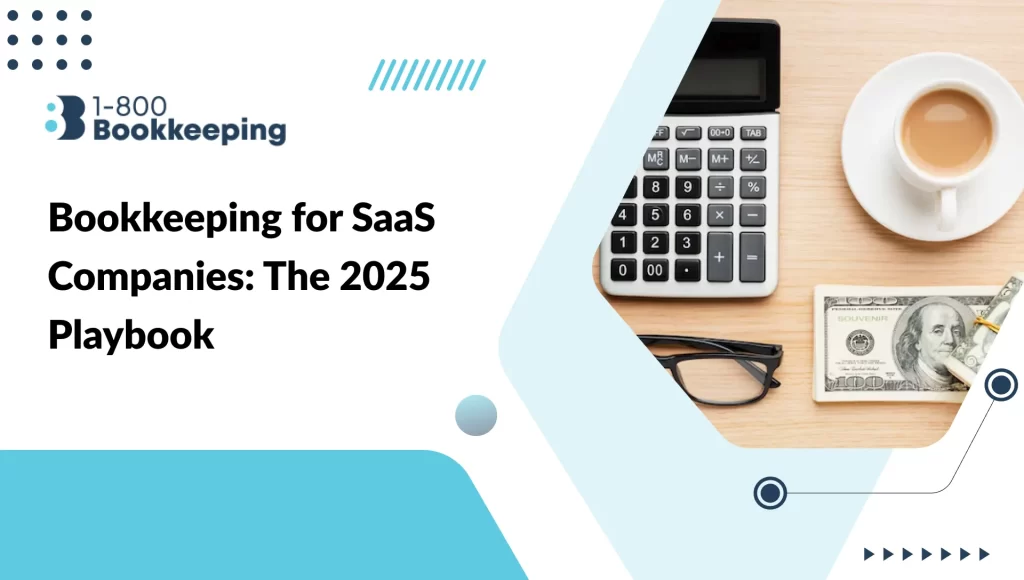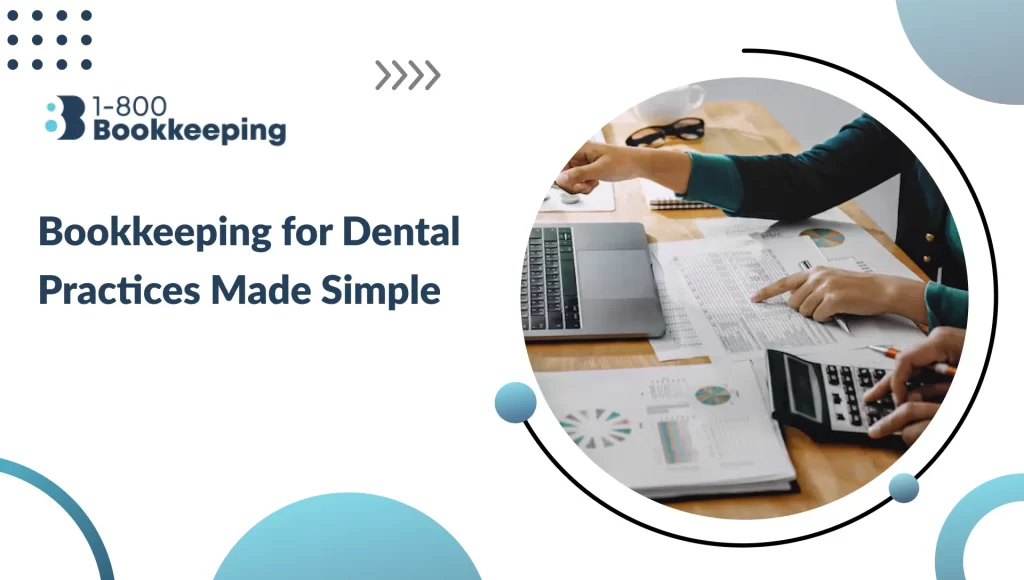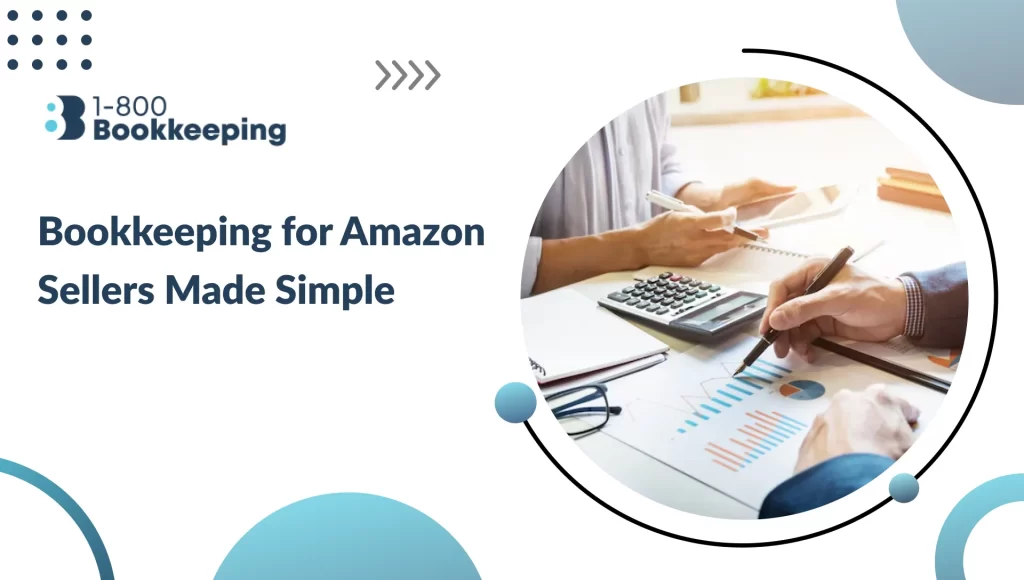Whether you’re a writer, designer, consultant, or content creator, freelancing gives you the freedom to work on your own terms. But that freedom comes with responsibilities, especially when it comes to taxes. Unlike traditional employees, freelancers manage their own tax payments, track income from multiple sources, and navigate deductions, all while trying to grow their businesses.
Understanding your tax obligations upfront can save you from costly surprises later. This guide walks you through every critical area, from income tracking and estimating taxes to finding smart deductions that lower what you owe. With the right approach, you’ll feel confident each tax season and keep more of what you earn.
Streamlining Your Finances With 1-800 Bookkeeping
Freelancers often wear multiple hats, and bookkeeping can quickly feel like the one task you’re always putting off. That’s where 1-800 Bookkeeping comes in. Their services help freelancers stay organized, track expenses, and prepare for tax time without drowning in spreadsheets.
With expert bookkeeping, profit-and-loss tracking, and clean financial records, you’ll save time and minimize tax errors. Explore their services at https://1800bookkeeping.com/ to stay focused on growing your business instead of stressing over receipts.
A Freelancer’s Guide to Taxes
Understanding Your Tax Obligations
As a freelancer, you’re responsible for three main taxes: federal income tax, state income tax (if applicable), and self-employment tax. Traditional employers handle tax withholding automatically. You, however, must calculate, save, and pay these taxes yourself.
Federal income tax is based on your net earnings after deductions. State income tax rules vary widely, so check your state’s specific laws. Self-employment tax covers your Social Security and Medicare contributions at a combined rate of 15.3%. You pay both the employer and employee share of these contributions.
Income Reporting and 1099-NEC Forms
Every dollar earned from freelancing must be reported. Clients who pay you $600 or more in a calendar year typically issue a Form 1099-NEC. Even if you don’t receive a form, you’re legally required to report that income. Keep your own records to ensure accuracy and avoid underreporting.
Keeping Accurate Records
The foundation of a smooth tax season is good bookkeeping. Track every payment, log expenses in real time, and store receipts. Use accounting software, spreadsheets, or even a notebook, whatever keeps your records clear and complete.
Deductible Business Expenses
Freelancers can deduct a range of expenses that are ordinary and necessary for their work. Common deductions include:
- Home Office Deduction: If you have a dedicated workspace used exclusively for business, you can claim a portion of your rent, mortgage interest, utilities, and insurance.
- Supplies and Equipment: From laptops and printers to paper and office software, these costs reduce taxable income.
- Travel and Mileage: Business travel, client meetings, and even mileage driven for work-related errands are deductible if documented correctly.
Paying Estimated Taxes
Why Freelancers Pay Quarterly
Because taxes aren’t withheld from freelance payments, you must make quarterly estimated tax payments directly to the IRS and, if applicable, your state. This prevents you from owing a large lump sum in April and helps avoid penalties for underpayment.
Calculating Estimated Payments
Start by estimating your total annual income and subtracting business expenses. Use IRS Form 1040-ES to calculate your quarterly amounts, including both income tax and self-employment tax.
The four estimated tax deadlines are typically April 15, June 15, September 15, and January 15 of the following year. Mark these dates to avoid penalties and interest.
Handling Self-Employment Tax
Self-employment tax accounts for Social Security and Medicare. The good news is you can deduct the “employer” half of this tax when calculating your adjusted gross income, lowering your taxable income.
Budgeting for Taxes as a Freelancer
Setting Aside Funds for Taxes
The easiest way to avoid a tax crunch is to set aside a percentage of each payment. Many freelancers save 25% to 30% of their earnings for taxes. If you live in a state with higher income tax rates, consider saving 35% or more.
Creating a Tax Savings Account
Open a separate savings account dedicated to taxes. Move your tax savings there as soon as clients pay you. This habit keeps the money safe until it’s time to pay the IRS and your state.
Adjusting as You Go
Freelance income can fluctuate. If your workload increases mid-year, adjust your quarterly payments or your savings percentage to avoid owing more than expected.
Maximizing Deductions and Reducing Tax Liability
Retirement Contributions
Investing in a retirement account lowers taxable income while preparing you for the future. A SEP IRA, SIMPLE IRA, or Solo 401(k) allows high annual contributions, reducing your tax bill now while building long-term savings.
Health Savings Accounts (HSAs)
If you have a high-deductible health plan, contribute to an HSA. Contributions are pre-tax, funds grow tax-free, and withdrawals for medical expenses aren’t taxed. After age 65, you can also use the money for non-medical expenses, though standard taxes apply.
Cash Basis Accounting
Most freelancers operate on a cash basis, meaning income is counted when received and expenses are counted when paid. This method simplifies tax calculations and aligns better with your actual cash flow.
Mileage and Travel
Document your business miles carefully. You can deduct either the standard mileage rate set by the IRS or actual vehicle expenses, but detailed records are critical to support your deduction.
Home Office Deduction
To qualify, the space must be exclusively used for business. You can use the simplified method of $5 per square foot (up to 300 square feet) or calculate actual costs based on the percentage of your home used for business.
Pro Tips to Save Big on Taxes
- Hire a Professional: A CPA or tax professional familiar with freelance work can help uncover deductions you might miss and prevent costly mistakes.
- Review Quarterly: Check your income, expenses, and tax savings every three months. This habit prevents surprises and keeps you on track.
- Plan for Retirement Contributions: Save strategically for retirement while lowering taxable income.
- Don’t Overlook Small Deductions: Subscriptions, online tools, and professional development courses all add up and are often deductible.
Preparing for Tax Season the Smart Way
Freelance taxes don’t have to be overwhelming if you plan ahead. Start by keeping solid records, tracking every payment and expense, and setting aside tax money as you go. Use retirement plans and HSAs to lower taxable income. Leverage professional services when needed to protect your hard-earned revenue.
By staying proactive, you protect your freelance business from costly mistakes and reduce your stress each tax season. What you save in penalties, interest, and missed deductions stays with you, and that’s money you can reinvest in your craft, your business, or your future.
Feeling Overwhelmed by Bookkeeping? We Can Help.
Running a business is demanding, and keeping track of your finances can be a never-ending chore. Many business owners need help with the complexities of bookkeeping, which can leave them frustrated and behind.
1-800 Bookkeeping offers expert services to streamline your financial processes and empower you to make informed decisions.
Our team of seasoned professionals understands the unique challenges businesses of all sizes face. We can help you:
- Free Up Valuable Time: Offload your bookkeeping tasks to our dedicated professionals.
- Gain Peace of Mind: Ensure your financial records are accurate and up-to-date.
- Make Smarter Decisions: Get actionable insights into your business performance through clear and concise reports.
- Feel Confident: Make informed financial decisions based on reliable data.
Don’t let bookkeeping hold you back from achieving your business goals. Contact 1-800 Bookkeeping today for affordable bookkeeping solutions.
FAQs
1. How much should freelancers save for taxes?
Most freelancers set aside 25% to 30% of each payment. If you live in a state with income tax, increase that to 35%.
2. Do I need to report freelance income if I don’t get a 1099?
Yes. All income must be reported, even if a client fails to send a 1099-NEC.
3. Can I deduct my internet bill?
If you use the internet for business, you can deduct a percentage based on how much you use it for freelance work.
4. Are software subscriptions deductible?
Yes. Tools and software necessary for your freelance business, like design programs or project management apps, are deductible.
5. What happens if I make a tax mistake?
You can file an amended return with Form 1040-X to correct errors. It’s better to fix mistakes quickly than wait for the IRS to catch them.





